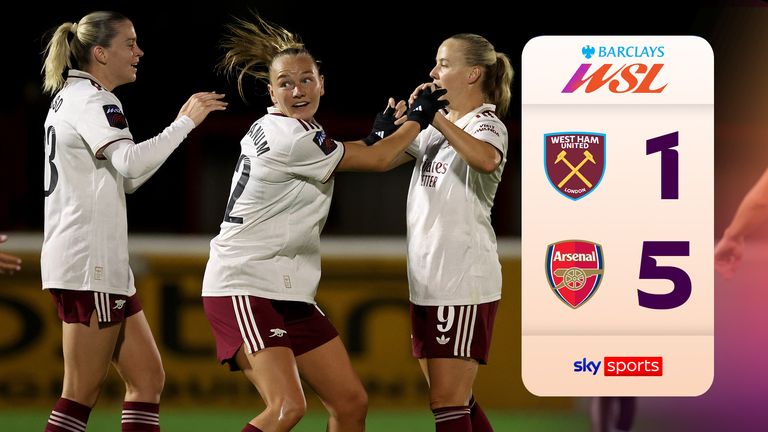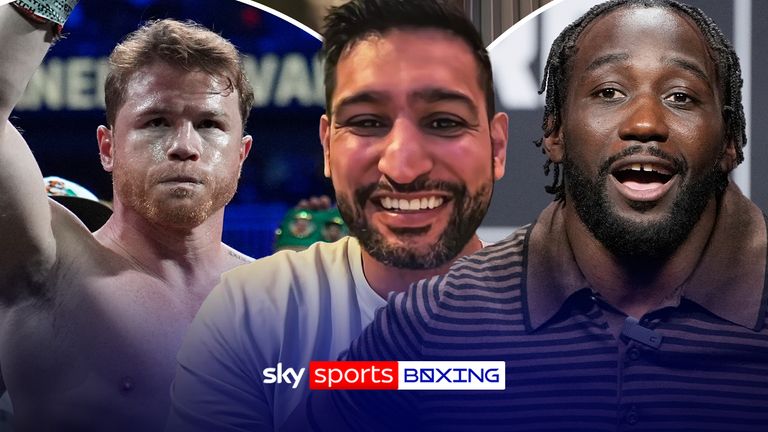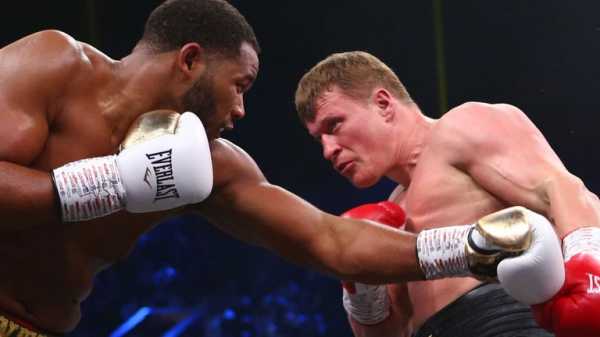
16:15
Extended Michael Hunter interview
Anthony Joshua avenged Andy Ruiz Jr after weighing in at his lowest-ever for a world title fight – so are heavyweights getting smaller?
The 18-stone mark, which Joshua routinely used to clear, has become a number the elite heavyweights strive to stay below.
Michael Hunter, one of the lighter heavyweights, explains why the land of giants is experiencing this pattern.
Are heavyweights getting smaller?
| Fury | 18st 2lbs |
| Joshua | 16st 13lbs |
| Hunter | 16st 2lbs |
| Wilder | 15st 9lbs |
| Usyk | 15st 5lbs |
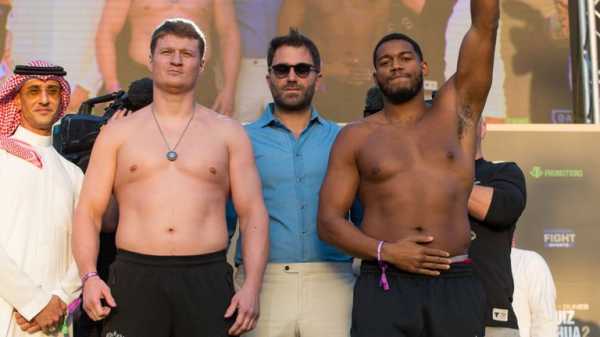
Is Joshua’s lighter weight part of a wider trend?
Hunter said: It was ideal. Boxers are starting to find the balance of what a natural fighter should be. Over the past few years, we’ve got away with fighters who are not normal because it’s easier to sell them like that. But it’s finding a balance now.
There is a limit. If you’re naturally so big there’s nothing you can do. But being big doesn’t really help you. Every fighter knows that.
To be the best boxer we are refining and fine-tuning.
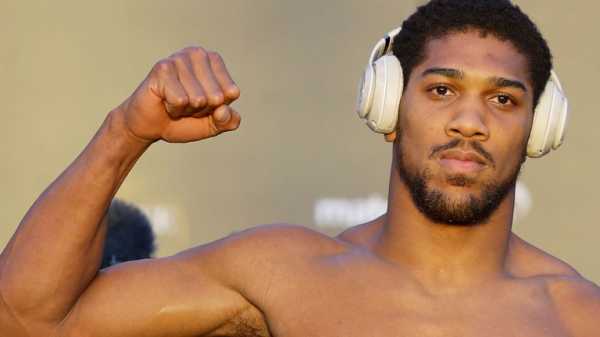
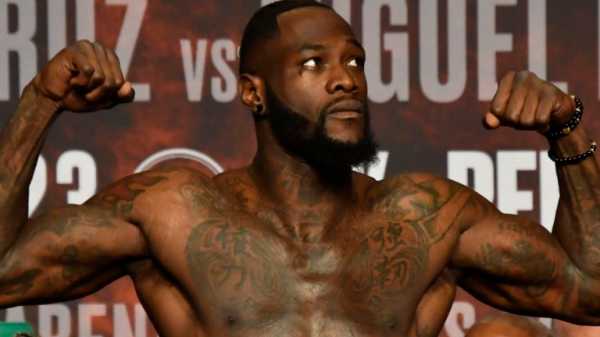
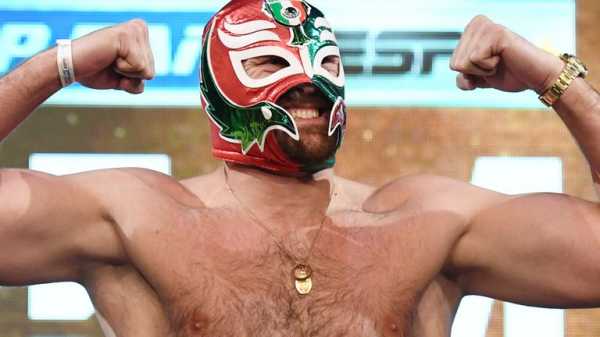
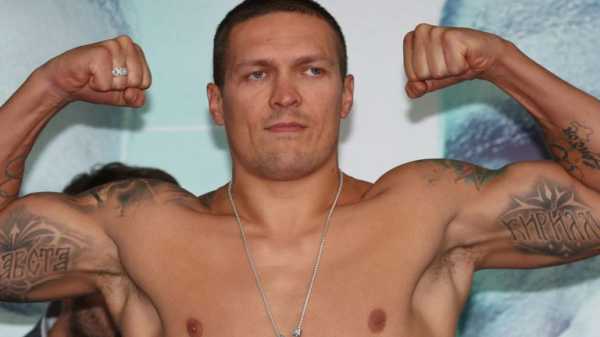
Why don’t heavyweights want to be big anymore?
Hunter said: It is very hard to be a heavy fighter. Unless you are Ruiz Jr and you’ve always fought heavy, so you know how to be explosive and fast. But it didn’t help his feet.
I would agree [that heavy fighters aren’t suited to longevity]. That would be the norm. But there are people outside of the norm like Ruiz Jr.
Normally the ideal fighter has long limbs, long muscles, slim. Not big and bulky – it’s rare to have a fighter like this, not impossible, but rare.
In fighting, you need longevity and endurance. You need to be loose and limber.
What advantages do you have, as a former cruiserweight?
Hunter said: My feet. My ability to get away from shots. Bigger guys find it difficult to move their frame in the way that a smaller person would.
Is it important for lighter heavyweights to still possess power?
Hunter said: Absolutely. You need respectable power which I definitely have. This will be a problem for Oleksandr Usyk who doesn’t hit as hard. He needs to change his style so he can do it.
He is capable – anybody over 200lbs is capable. But he has to sit down on his punches more, which may mean he gets hit more, and I don’t know if he’s willing to take that gamble.
The elite heavyweights
Wilder’s vicious power has not been hampered by weighing in under 16st, only marginally more than the cruiserweight limit. Usyk, coming up from the division below, is even lighter. Joshua’s heaviest-ever was 18st 2lbs but he has slimmed, first to 17st 7lbs then 16st 13lbs which would have seemed inconceivable two years ago. Even Fury, always the heaviest, has crept down to 18st 2lbs which was 9lbs less than the fight before.
Exceptions to the rule?
Ruiz Jr, of course, put on over a stone between fights with Joshua and later admitted 20st 3lbs was “overweight”. Whyte was a career-heaviest 19st 5lbs for his short-notice recent outing and also confessed it wasn’t ideal shape (he was more than two stone lighter when he knocked out Derek Chisora).
Do you feel the extra weight in a punch from a heavier heavyweight?
Hunter said: You definitely feel the weight of their punches. When you get shoulder to shoulder? That’s something you don’t want to do, because they are so much bigger and put so much weight on you. They are taller and can leverage their much greater weight onto you.
But the big guys get tired quickly…
Hunter said: Yes. They slow. It’s easier to manoeuvre when they are in certain positions.
Sourse: skysports.com

